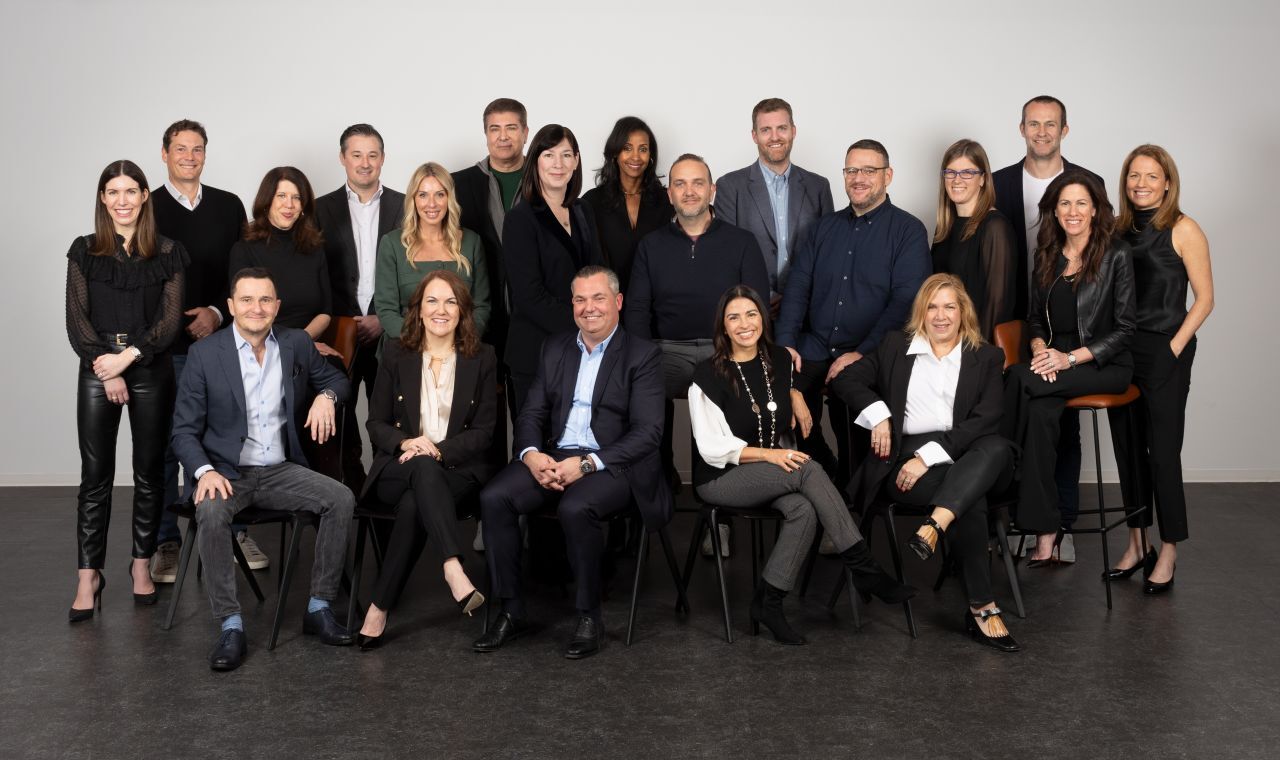If you’re sick of hearing about the volatile macroeconomic environment, Magna has some decent news.
The US ad market is set to grow this year.
US ad revenues are expected to increase by 6.7% to $360 billion, excluding cyclical spending, according to a Magna forecast released Thursday. And when you add political campaigns and international sporting events like the Olympics to the mix, US ad revenues are set to increase 9.2%.
These numbers are nearly a percentage point higher than Magna’s December end-of-year forecast, which predicted 5.9% growth – or 8.4% when accounting for political and Olympics-related ad spend.
Factors contributing to Magna’s sunny outlook for 2024, according to Vincent Letang, Magna’s EVP of global market intelligence, include an improved economy, GDP growth, greater consumer confidence, “the perception that inflation is now fully stabilized and under control” and the strength of digital channels.
Spending stallions
Digital media will be especially robust in 2024, growing its portion of total ad spend to 72%, or $261 billion.
But streaming in particular will be on fire (in a good way).
Premium long-form streaming platforms – Hulu, Peacock, Max, Disney+, Amazon Prime Video and Netflix – will collectively grow 13% this year to reach a milestone of $10 billion in ad revenue. Most of these projected ad sales will redound to Netflix, Disney+ and Amazon Prime, all of which have introduced ad-supported tiers. “There’s more supply [and] more impressions available to advertisers,” Letang said.
The addition of live sports to many of these platforms also makes streaming more attractive to advertisers. Sports attract large, highly engaged audiences, particularly when it comes to tentpole events like the Super Bowl, NASCAR’s Daytona 500 and the Olympics. Magna predicts that the Olympics will generate roughly $1 billion in incremental ad spend this year.
Magna also expects social media – which encompasses Meta, TikTok, Snap and X as well as smaller platforms like LinkedIn, Pinterest and Reddit – to grow by about 13% to reach $80 billion, with an assist from short-form vertical video.
Despite the popularity of short-form video among consumers, it took a while for companies like TikTok and Meta to figure out how to efficiently monetize the ad format, Letang said. But that dynamic is changing. Reels, for example, now contribute to Meta’s net revenue across its apps.
Meanwhile, short-form “pure player” digital video ad revenue (think Twitch and YouTube) is projected to grow 12% this year to $22 billion.
And search, which includes product searches on retail media networks, is expected to increase by 12% to $146 billion in 2024.
“A lot of CPG marketing budgets are going into digital ad formats – specifically, keyword formats,” Letang said. Large retailers like Walmart and Target are therefore seeing incremental gains in revenue.
Downward spirals
But it’s not all chocolate, growth and roses.
Legacy linear ad formats, including linear TV, radio and print publishing, will continue their slow descent this year.
Linear TV ad sales will fall 9%, and national TV revenue, which includes linear and long-form AVOD, will decrease by almost 5% to $44 billion.
Traditional TV’s reach, ratings, ad volume and ad prices are eroding as audiences leave for greener – as in streaming – pastures. “Video consumption is not going down,” Letang said. “People are simply moving to streaming platforms.”
Still, linear comprises $34 billion of that total, versus roughly $10 billion for streaming. In other words, despite the success of streaming, it’s not generating enough revenue to make up for losses in linear.
Local TV revenue, on the other hand, is expected to increase by 26% to $23 billion this year, thanks to political advertising. Excluding political advertising, however, “it’s a very different picture,” Letang said, with revenues shrinking by 4% to $17 billion.
Give me a boost
Although cyclical events like the Summer Olympics and the Copa América soccer tournament spur ad spending, Magna believes political sales will have the most significant impact on ad revenue this year. Political ad spend alone will amount to $9 billion in incremental revenue for media owners during this US election cycle.
In fact, political advertising “has been growing nonstop” since the Citizens United Supreme Court decision, Letang said. This 2010 ruling let corporations, unions and other groups spend unrestricted amounts of money on political advertising. The decision spurred the rise of super political actions committees that can independently produce campaign ads and private donations from undisclosed donors.
Magna expects this year to be the strongest ever for political spend, Letang said, predicting a 13% bump, compared to the previous presidential election cycle in 2020.
One reason for the vigorous political spending is polarization, which may be bad for the country, but is good for ad spend. Even local races for Board of Education candidates or sheriff have become extremely competitive, resulting in candidates spending more than usual on local TV commercials and other ads.
But 13% growth is actually a downward projection. Magna lowered its political forecast to 13%, from 18% in December, because fundraising spend – which Magna treats as a proxy for political ad spend – was down at the end of February compared to 2020.
Even so, “it’s [still] too early to call it,” Letang said. “There’s still plenty of time for fundraising efforts to go to the next gear and catch up to or surpass 2020.”
Read the full report here.


